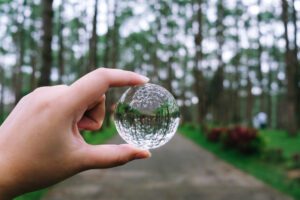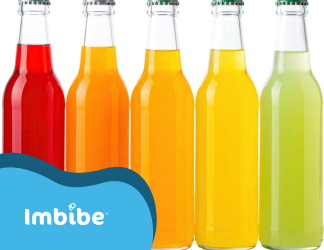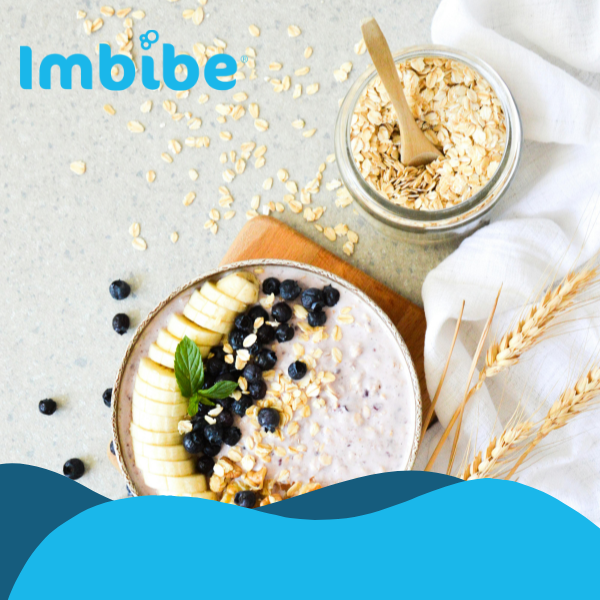
According to Feeding America, about 25 to 40 percent of food that we grow, process and transport is never consumed. A growing number of food and beverage brands are trying to combat this pattern by prioritizing environmental responsibility in their supply chain and product development practices. Brands are acquiring ingredients in a sustainable way, finding packaging solutions with positive environmental impacts and developing innovative uses for “ugly” ingredients traditionally rejected for their cosmetic flaws. Here are just a few companies taking significant steps to address the war on food waste.
“Ugly” foods
- Snact develops fruit jerky made from rejected produce for being either “too big, too small, too ugly or simply
 too abundant.”
too abundant.” - Imperfect Produce delivers custom boxes of fruits and vegetables that don’t fit cosmetic standards directly to homes in the Bay Area.
- Barnana reduces food waste of organic banana farms in Latin America by upcycling “imperfect” organic bananas that don’t match size or ripeness standards, using bananas that would otherwise be left to rot.
- Misfit Juicery offers cold-pressed juices made with 70 to 80 percent recovered “ugly” fruits and vegetables (based on shape, size or color) in a variety of flavor options like strawberry/pear/lemon/ginger and pear/cucumber/spinach/lemon.
- Forager project utilizes wasted vegetable pulp from its cold-pressed juice development to produce organic tortilla chips.
Enviro-friendly packaging
- Alter Eco introduced Good4Good—laminated, plant-based, non-GMO pouches made with compostable materials (primarily from trees and corn) designed to “disappear within three to six months.”
- Tipa Corp tackles the issue of plastic waste by using orange peels to create fully compostable packaging with similar mechanical and shelf-life properties as plastic.
- Uncommon Coffee Roasters offers 100 percent compostable cups and single serve coffee capsules.
- tea drops poses a solution to teabag and sweetener packet waste by selling shaped morsels made from organic tea, raw sugar, and spices.

- Ooho! offers water in an edible blob format that is made from seaweed and is aimed to reduce the consumption of non-renewable resources.
- JUST WATER bottles contain over 80 percent of renewable contents from plant-based materials, which “reduce greenhouse gases by up to 74 percent compared to a range of PET bottles,” according to the company.
- Loliware offers “biodegr(edible)” disposable cups developed from seaweed, organic sweeteners, flavors, and colors derived from fruits and vegetables.
Reinvented scraps
- KonaRed, Pixan, Slingshot Coffee Co., Slipstream, and Nuts.com. Coffee fruit—the pulp and peel typically discarded after extracting coffee beans—is appearing in a variety of drink formats: mixed with coffee, as a powdered tea-like form (cascara), mixed with green tea and as a standalone juice. It is also being sold in a flour format for baking, cooking and beverage development.
- EPIC and its Whole Animal Project aim to salvage as much of whole animals as possible in product development. EPIC harvests parts of the same animals to produce a variety of snacks, from bone broth to bars to oils.
- Sir Kensington’s offers “fabanaise,” a vegan mayonnaise made out of egg substitute aquafaba, the liquid that results from cooking with chickpeas.
- AppleActiv utilizes organic apple peels to provide a powdered supplement for gut and joint health through “polyphenols, antioxidants, enzymes, vitamins and minerals.”
- Suavva makes an HPP-processed smoothie whose main ingredient is the often-discarded but nutrient-dense cacao pulp, sustainably sourced from Ecuador.
- The White Moustache uses a natural by-product of the yogurt-making process (whey that remains after straining) to produce a probiotic tonic. The liquid contains probiotics and calcium, a leftover mixture that the brand calls “nature’s sports drink.”
Read full article on New Hope Network

 too abundant.”
too abundant.”


